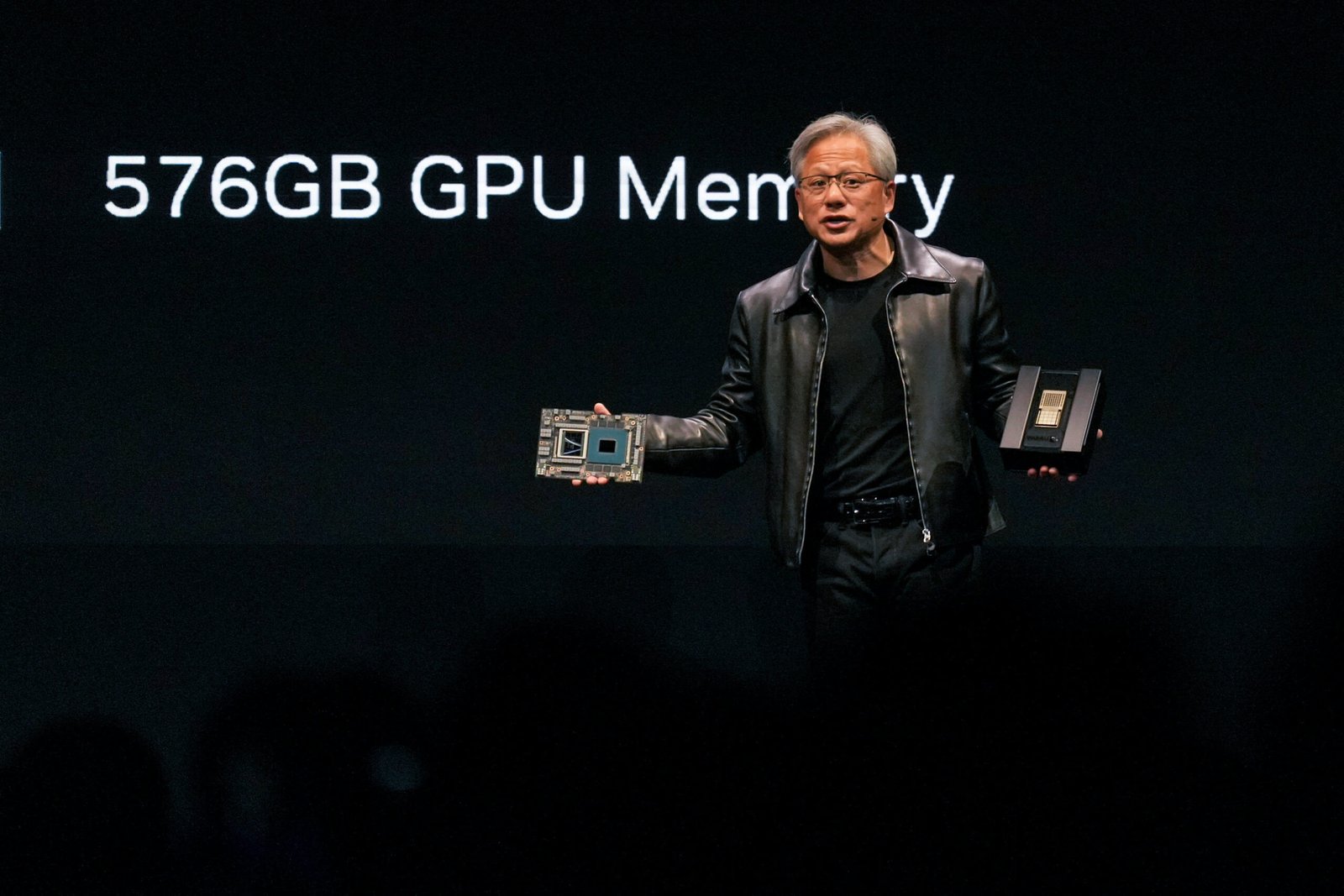Nvidia CEO Jensen Huang has ignited a discussion about the future of programming jobs. In a recent statement, Huang asserted that advancements in artificial intelligence (AI) will eventually eliminate the need for traditional coding languages like Java and C. This bold claim raises questions about the potential disruption AI could cause within the IT industry.
Key Highlights:
- Nvidia CEO believes AI will make coding using traditional languages obsolete.
- Experts debate the impact of AI on the IT job market.
- Some argue AI will create new coding-related roles, while others worry about job displacement.
- AI-powered tools could streamline development, but full automation remains speculative.
AI’s Growing Role in Software Development
Huang’s perspective underscores the increasing sophistication of AI-powered tools in the software development landscape. AI algorithms can already generate code, debug programs, and automate aspects of testing. This trend suggests that in the future, developers might interact with AI systems using natural language descriptions instead of lines of code.
“It is our job to create computing technology such that nobody has to program, and that the programming language is human,” Huang stated.
Experts Offer Differing Perspectives
Experts are divided on the long-term consequences of this potential shift. Some believe that AI will usher in a new era of democratized software creation, lowering barriers to entry for those without extensive coding expertise. Others express concern that AI-driven automation could displace traditional programming jobs, requiring widespread reskilling within the tech workforce.
The Rise of “No-Code” and “Low-Code”
The growth of “no-code” and “low-code” platforms further supports the notion that AI could streamline many development tasks. These platforms often use visual interfaces and drag-and-drop elements, enabling the creation of applications with minimal or no traditional coding.
Real-World Examples of AI in Coding
- GitHub Copilot: Discuss how this AI pair programmer suggests code completions and functions, streamlining the development process.
- Natural Language to Code Translators: Explore experimental tools that attempt to convert everyday language instructions into functioning code.
- AI-Powered Bug Detection: Highlight how AI is improving code quality by identifying errors and potential vulnerabilities.
- Computer Science Professors: Include perspectives emphasizing the continued importance of foundational coding concepts, even in a future heavily reliant on AI assistance.
- Labor Economists: Incorporate insights on potential job shifts and the vital role of reskilling programs for displaced workers.
Potential Benefits and Challenges
AI-driven coding tools promise advantages like increased efficiency, reduced errors, and greater accessibility for those who lack formal programming training. However, the potential for job losses and the need to adapt to new workflows remain valid concerns as these technologies mature.
While the extent to which AI will fully replace conventional coding remains uncertain, Nvidia’s CEO has brought the issue to the forefront. It’s crucial for IT professionals and educators to closely monitor AI’s evolution and its implications for the future of the software development industry. Adaptability and a willingness to embrace new technologies will likely prove essential for success in a rapidly changing technological landscape.







